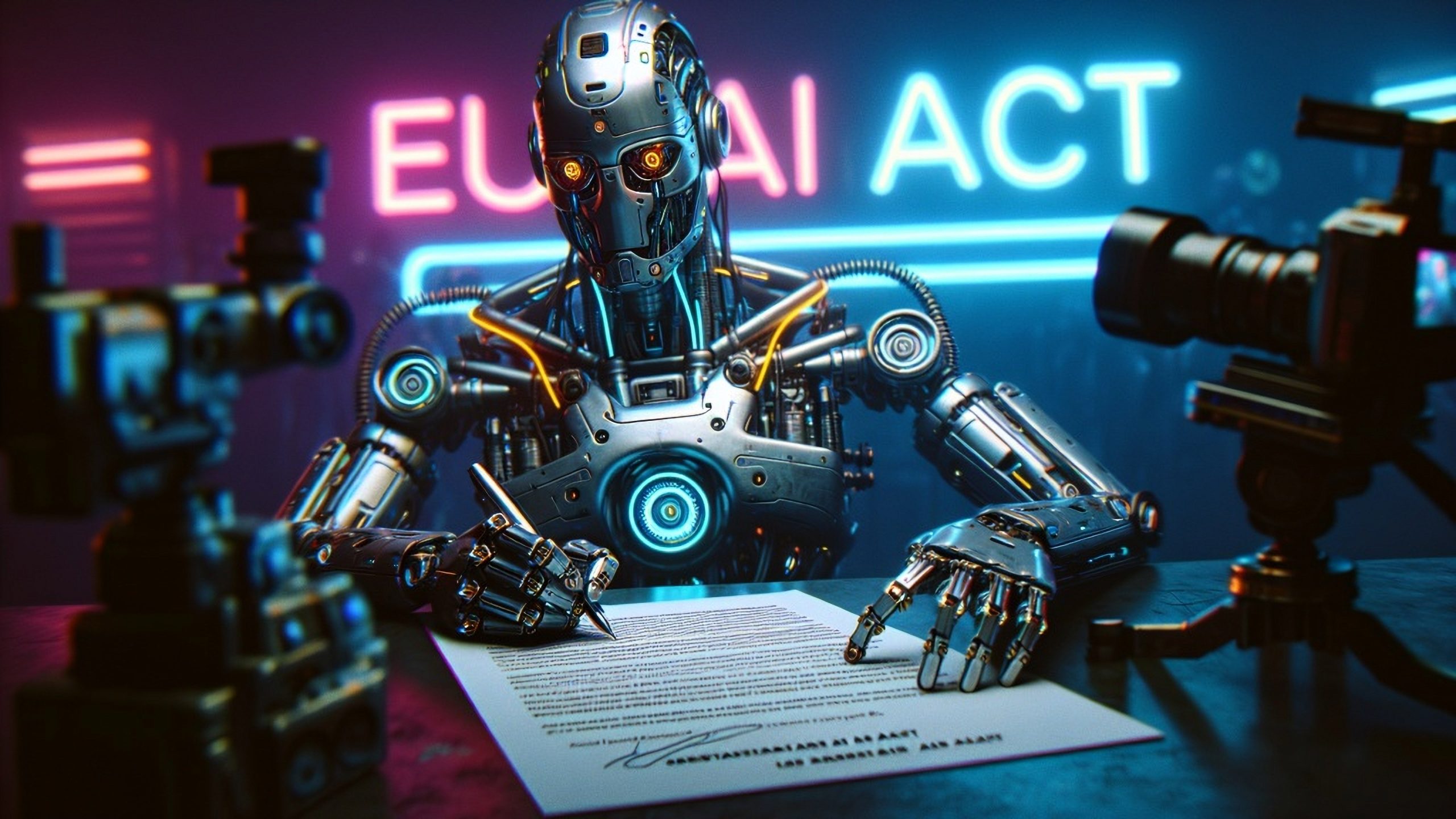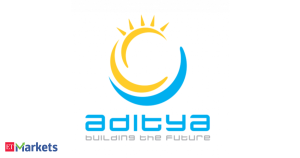A coalition of European creative industry groups representing millions of authors, performers, publishers, producers and other rightsholder organizations has slammed the European Commission’s implementation of AI Act provisions designed to protect intellectual property rights in the age of generative AI.
The group called the measures a “betrayal” of the law’s original intent, according to a press release on Tuesday (July 29).
The backlash comes just weeks after the Commission published its General-Purpose AI Code of Practice on July 10 and accompanying guidelines on July 18. The measures are part of the world’s first AI regulation, which entered into force on August 1, 2024.
Starting Saturday (August 2), “the obligations for providers of GPAI models enter into application,” according to the EU. This means that companies developing general-purpose AI models “must document technical information about their models for the purpose of providing that information upon request to the AI Office and national competent authorities,” among other things.
Providers are also required to “put in place a policy to comply with Union law on copyright and related rights.”
However, a coalition of creatives in Europe said: “Despite the extensive, highly detailed and good-faith engagements by rightsholder communities throughout this process, the final outcomes fail to address the core concerns which our sectors – and the millions of creators and companies active in Europe which we represent – have consistently raised.”
“the feedback of the primary beneficiaries these provisions were meant to protect has been largely ignored in contravention of the objectives of the EU AI Act.”
European creative Industry Groups
The group, which includes CISAC, ICMP, IFPI and IMPALA, said the result of the published GPAI Code of Practice, Guidelines and Template “is not a balanced compromise; it is a missed opportunity to provide meaningful protection of intellectual property rights in the context of GenAI and does not deliver on the promise of the EU AI Act itself.”
Their dispute centers on Article 53 of the EU AI Act, which was designed to “facilitate holders of copyright and related rights to exercise and enforce their rights under (European) Union law.”
Creative industries argue this approach is inadequate, saying: “the feedback of the primary beneficiaries these provisions were meant to protect has been largely ignored in contravention of the objectives of the EU AI Act as determined by the co-legislators and to the sole benefit of the GenAI model providers that continuously infringe copyright and related rights to build their models.”
The criticism comes amid growing tensions between artists and AI developers over IP rights. While AI companies seek broader access to publicly available content, creators demand compensation and control over how their work is used.
The coalition said European creative industries contribute nearly 7% of EU GDP and employ about 17 million people. They say their economic contribution exceeds that of pharmaceutical, automotive or high-tech sectors in Europe.
“We strongly reject any claim that the Code of Practice strikes a fair and workable balance… This is simply untrue and is a betrayal of the EU AI Act’s objectives.”
European creative Industry Groups
They added: “The deployment of GenAI models and content production systems which also make extensive use of scraping is already underway. The damage to and unfair competition with the cultural and creative sectors can be seen each day. The cultural and creative sectors must be safeguarded, as they are the foundations of our cultures and the Single Market.”
“We strongly reject any claim that the Code of Practice strikes a fair and workable balance or that the Template will deliver “sufficient” transparency about the majority of copyright works or other subject matter used to train GenAI models. This is simply untrue and is a betrayal of the EU AI Act’s objectives.”
“We call on the European Commission to revisit the implementation package and enforce Article 53 in a meaningful way, ensuring that the EU AI Act lives up to its promise to safeguard European intellectual property rights in the age of generative AI.”
Facebook owner Meta has said that it won’t sign the EU AI Code of Practice, with global affairs chief Joel Kaplan saying on LinkedIn, “This code introduces a number of legal uncertainties for model developers, as well as measures which go far beyond the scope of the AI Act.”
In contrast, tech giant Google said it will sign the Code. “We do so with the hope that this Code, as applied, will promote European citizens’ and businesses’ access to secure, first-rate AI tools as they become available. Prompt and widespread deployment is important. Europe stands to gain significantly, potentially boosting its economy by 8% (€1.4 trillion) annually by 2034.”
The Alphabet-owned firm added: “We are committed to working with the AI Office to ensure the Code is proportionate and responsive to the rapid and dynamic evolution of AI. And we will be an active voice in supporting a pro-innovation approach that leads to future investment and innovation in Europe that benefits everyone.”
Music Business Worldwide








